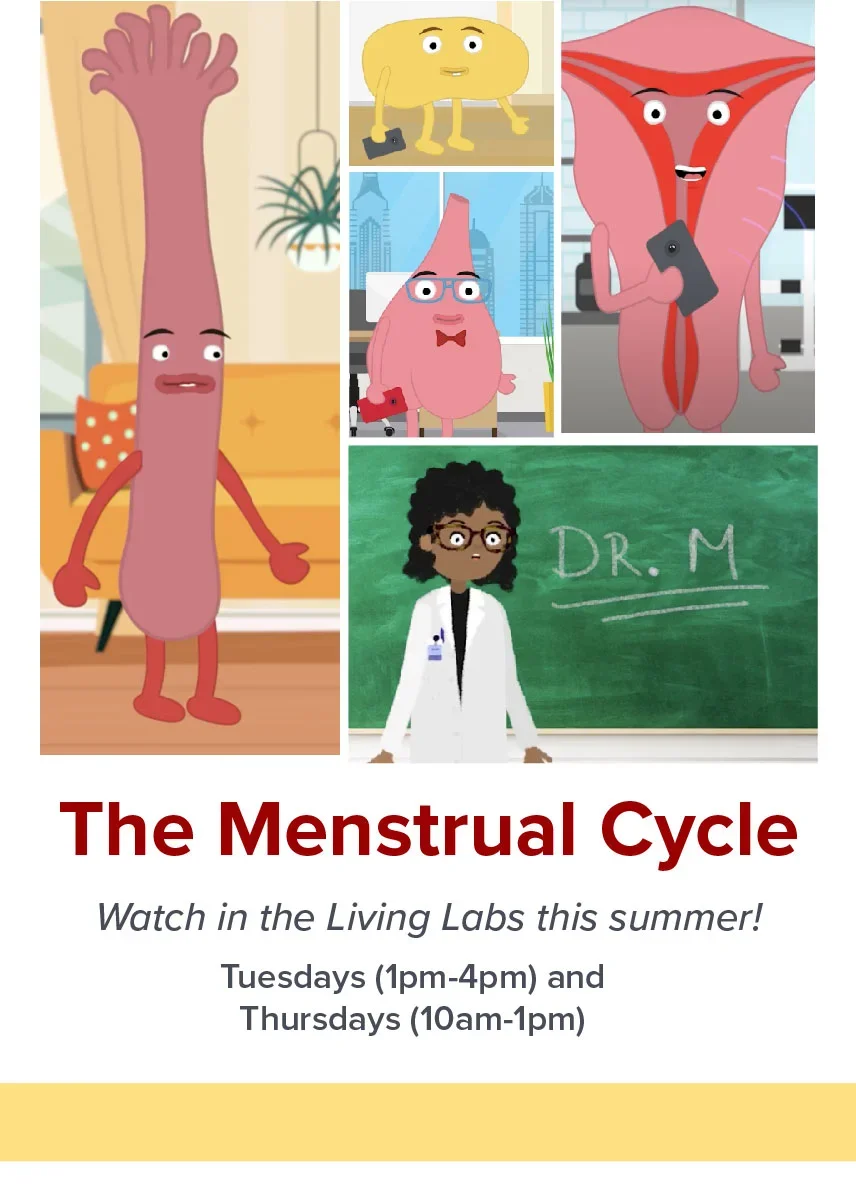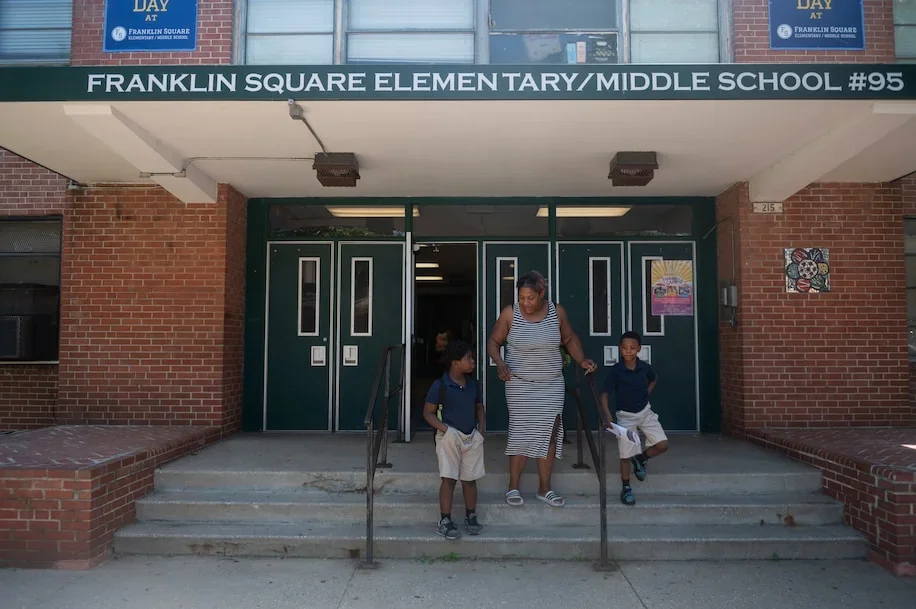Harvard Chan NIEHS Center for Environmental Health
The Harvard Chan National Institute of Environmental Health Sciences (NIEHS) Center for Environmental Health is a coordinated set of resources and facilities supporting environmental health research and training activities throughout the greater Boston area. The center promotes integration between basic and applied environmental science, and fosters collaborations that cross departmental and institutional boundaries.
Building 1-1402
News
-
Second EJ Boot Camp Trains More Than 70 Attendees
More than 70 trainees, professors, community advocates, and folks with a variety of backgrounds came together on August 15th and 16th for an in-depth online boot camp on the theories…
-
Menstruation animation helps shed light on a touchy topic
A new educational animation that debuted at the Museum of Science in Boston over the summer aims to give parents and children the chance to learn about menstruation—a topic that…

-
CEC teaches high school seniors about Environmental Health
This summer, our Center’s Community Engagement Core (CEC) lead a six-week program focusing on Environmental Health for high school seniors who are part of the Boston Area Health Education Center’s…
-
Podcast: Director Marc Weisskopf discusses environmental risk factors in ALS
Director Marc Weisskopf chats with Dr. Richard Bedlack, professor of Neurology at Duke University, and Dr. Nadia Sethi, ALS TDI Director of Community Outreach and Engagement, about the role environmental risk factors could play in ALS on the CReAte Author Series podcast, Episode 5.

-
Animated Exhibit about the Menstrual Cycle Now Up at Museum of Science
The Mahalingaiah Lab, or M-Lab, at the Harvard School of Public Health and Boston’s Museum of Science, were awarded $40,000 from the NIEHS Center at Harvard T.H. Chan School of…

-
Meet Our Members: Hui Hu, PhD
This month, we chat with Hui Hu, Assistant Professor of Medicine at Harvard Medical School and Associate Epidemiologist in the Channing Division of Network Medicine at Brigham and Women’s Hospital….

-
New study: Mapping emergency department asthma visits to identify poor-quality housing in New Haven, CT
A new study published in The Lancet Planetary Health shows that dangerous housing conditions can be detected anywhere in New Haven, CYT by analyzing who shows up in the emergey room with asthma. This study, authored by Adam Haber, Dr. Elizabeth Samuels and others, received Pilot Project funding and analytical support from our P30 Center.

-
New study: Racial disparities in traffic fatalities much wider than previously known
When accounting for miles traveled during biking, walking, or driving, Black and Hispanic Americans experience higher motor vehicle-related death rates than White Americans or Asian Americans, according to a new…

-
Joe Allen pens op-ed in Washington Post: ‘No school should have to close due to extreme heat’
Associate Professor and Director of the Healthy Buildings program Joseph G. Allen discusses the imperative to improve ventilation in schools, not just to prevent the spread of diseases like COVID-19 but also because of the rising threat of extreme heat, which too many schools are not prepared for.

-
New study: Childhood asthma incidence, early and persistent wheeze, and neighborhood socioeconomic factors in the ECHO/CREW Consortium
This study, published in JAMA Pediatrics, found that neighborhood socioeconomic disparities were associated with childhood asthma and wheeze. Black and Hispanic children in all neighborhoods had higher asthma risk compared with White children.
